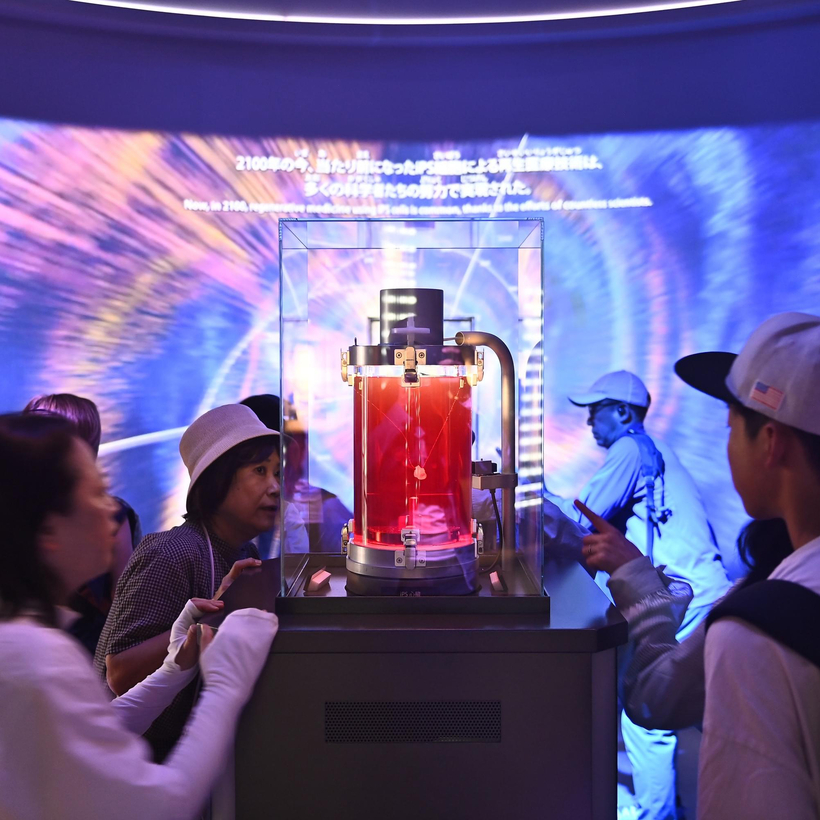The prospect of eternal youth has long tantalized humanity, with its earliest recorded depiction dating back to 2100 B.C., in The Epic of Gilgamesh. This fixation continued, from Emperor Qin Shi Huang’s ill-fated quest for the elixir of life to the legend of Juan Ponce de León’s fruitless search for the Fountain of Youth.
Our persistent fantasy has, in turn, proved to be a reliable means of exploitation. In the late 19th century, traveling salesmen hawked concoctions of snake oil, uranium, or anything vaguely iridescent and passed it off as a youth tonic to unsuspecting customers.

